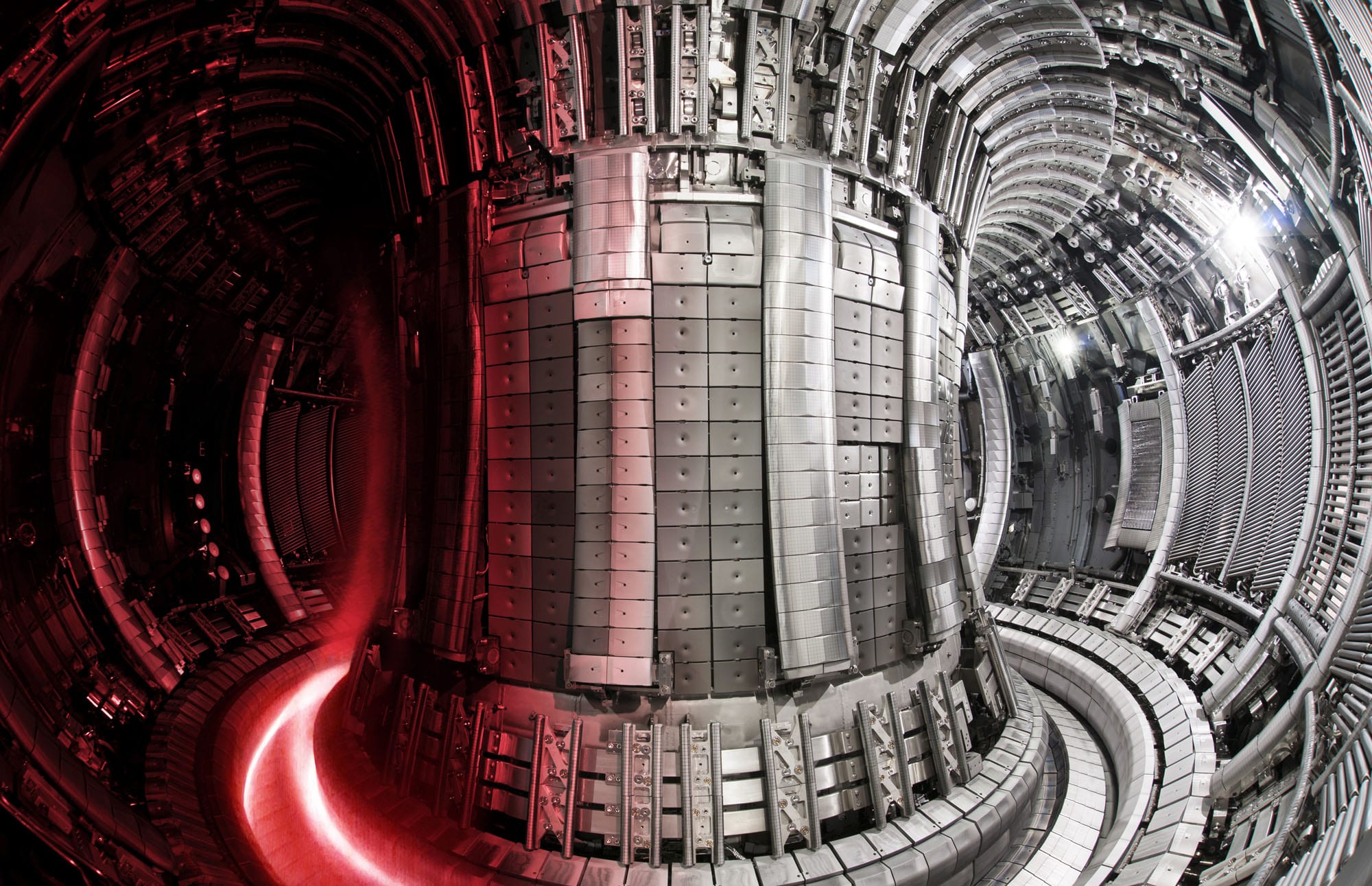The fusion energy industry is set to receive a record £410 million as part of the government’s ambition to establish the UK as a leader in this emerging clean energy technology. The funding, which spans the period from 2025 to 2026, will target the growth of the sector through significant investments in skills, infrastructure, and research capabilities.
The initiative is part of a broader effort to commercialise fusion energy, a process that replicates the way the sun generates energy by fusing hydrogen atoms to produce vast amounts of clean and sustainable energy. Fusion has long been considered the “holy grail” of energy due to its potential to provide a virtually limitless supply of power without the carbon emissions or long-lived radioactive waste associated with nuclear fission.
First fusion power plant
The centrepiece of the government’s strategy is the construction of the UK’s first prototype fusion power plant, known as the Spherical Tokamak for Energy Production (STEP). Managed by UK Industrial Fusion Solutions (UKIFS), the plant is set to be built in Nottinghamshire on the site of the former coal-fired Ratcliffe-on-Soar power station.
Five major construction and engineering firms have been shortlisted to advance to the next stage of a competitive process to design and build the facility. STEP aims to deliver its first prototype by 2040.
Ed Miliband, Secretary of State for Energy Security and Net Zero, highlighted the importance of fusion energy to the UK’s clean energy future, saying: “Fusion energy represents the future of global energy systems—a source of power that is clean, sustainable, and capable of powering entire economies. The UK is leading the charge in developing this game-changing technology, and today’s announcement is a major step forward. By investing in the skills, infrastructure, and innovation needed to deliver fusion power, we are not only driving economic growth but also creating thousands of jobs in communities across the UK.”
Revitalising coal communities
The selection of Nottinghamshire as the site for the STEP project is also seen as a deliberate move to bring economic regeneration to former coal-dependent regions. The transition from coal to cutting-edge clean energy technologies reflects a broader trend of reindustrialisation, with local economies benefiting from the creation of high-value jobs and increased investment.
Climate Minister Kerry McCarthy echoed this sentiment, stating: “The STEP project isn’t just about delivering clean energy—it’s about creating opportunities for communities that were once reliant on coal. Nottinghamshire will become a hub of innovation and investment, with skilled jobs that offer a brighter future.”
A plan for clean growth
The fusion energy initiative is a key part of the government’s broader Plan for Change, which aims to position the UK as a global leader in clean energy and green technologies. The Plan for Change encompasses a wide range of strategies to drive economic growth, reduce greenhouse gas emissions, and meet the UK’s legally binding commitment to reach net zero by 2050.















